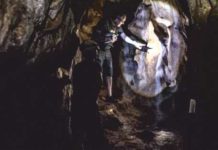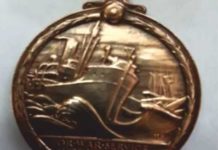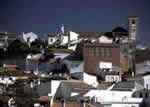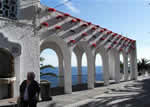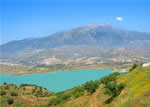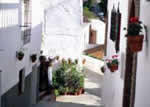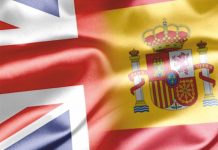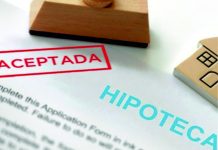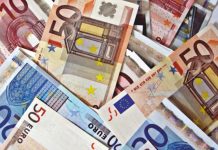
Once you have found your perfect property and negotiated a price, the buying process will begin.
As properties tend to be advertised with a number of different agents you might be asked to pay a holding deposit whilst the contract is being drawn up, this will allow the vendor to take the house off the market. Before you sign anything or pay any deposit you should consult a legal advisor.
Purchase Contract
In Spain the purchase contract is called a Contracto de Compraventa. Usually the purchase contract will be drawn up by your legal advisor and must be agreed by both the buyer and the seller. You can ask to include any clauses that will safeguard your position, for example pending the results of searches, mortgage applications and any other agreements between the buyer and seller.
The typical contract will include:
-
Description and address of the property
-
Purchase price
-
Amount of the deposit
-
Form of payment
-
Penalty clauses
-
Any extra requested clauses
-
What is included in the purchase price (furniture etc.)
-
Completion date
Both parties sign the contract and the deposit is paid by the buyer. This is usually 10% of the purchase price. This is a non-refundable payment and will only be refunded if a specific clause in the contract is not fulfilled. So make sure that this is the house for you before you sign! If the seller backs out then he has to pay you double your deposit back.
You will need to open a bank account in Spain to enable you to get on with your purchase. You don't need an N.I.E. number to be able to do this, just your passport and a small amount of money.
N.I.E. Number (foreigner´s identification number).
Your legal advisor will be able to apply for your N.I.E. Number, but you will also be required to attend the local police station in person. You will need your passport and a copy. You do not necessarily need this number to complete on the purchase, but you will need to obtain it soon afterwards in order to pay your purchase taxes. The NIE is a very important part of Spanish life and you will be asked for it time and time again, so once you have the certificate do keep it in a safe place and when you need to present a copy never hand over the original certificate.
Searches
Before completion your legal advisor will carry out searches and obtain a nota simple. This confirms that the seller is the registered owner and that there are no debts on the property.
Un-registered properties If the property you are buying does not already have a registered title deed, this doesn't necessarily mean that you shouldn't buy it. This is a situation very similar to a first registration in the UK. The property may have been in the same family for many years and now that it is being sold the registration can take place. This just means that things take a little longer. If it is not possible to obtain the new registered title deed the purchase cannot continue and you will get your deposit back.
Expenses
You should allow around 10% of the price of the property in order to cover the taxes and expenses that will arise during the purchasing process. These include Notary expenses, stamp duty, land registry fees, IVA paid on new properties (the same as VAT), Plus valia which is a land value tax (this is normally paid by the sellers, but often ends up being paid by the buyers) and the fees charged by your legal advisor. Most of these costs are proportional to the price of the house you are buying or the declared price on the title deed that's why they are simple to estimate in this way.




